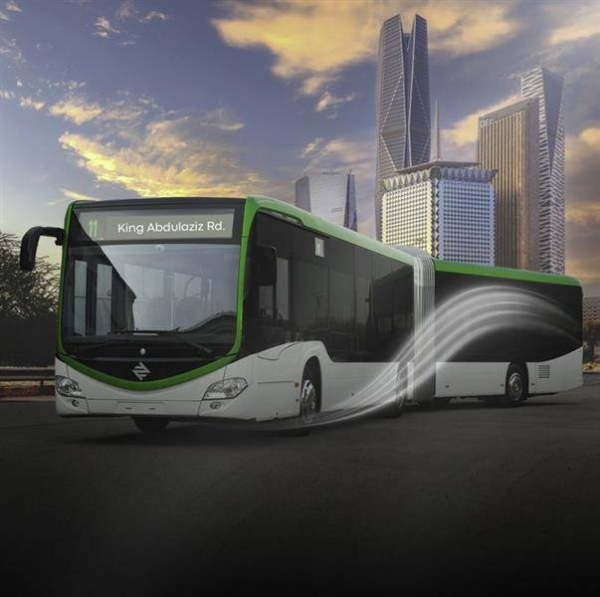
Germany plans to replace its successful €9-a-month local public transport pass with a €49 version, a move that is drawing criticism from charities and social care groups who say the new price tag will freeze out millions of Germans suffering under the cost of living crisis.
The €9 pass (equating to about £7.80) was introduced as an experiment over the summer in an effort to entice people to use public transport and help counter rising inflation.
The decision about the new Deutschland Ticket was made after a meeting between the federal government and the leadership of Germany’s 16 states to determine who would cover the costs of the subsidised ticket and how expensive it should be.
Transport experts welcomed the news, which follows months of wrangling over a successor to the €9 pass, the progress of which was followed by transport observers around the globe and spawned a range of analytical studies.
However, representatives of charities and social care institutes called the new ticket a gift to the middle classes, particularly those who commute for work, and warned that its price tag would be beyond the reach of millions.
Climate campaigners said they feared the price would not be low enough to lure people away from their cars and said the poor state of rural services would make it difficult for many people to switch to public transport.
Michaela Engelmeier, the chair of the German social association, a lobby group, said while she welcomed the decision on the ticket she believed many people would be unable to afford it. “We are sticking to our position that the €49 ticket will not be affordable for everyone, which is why we’re continuing to push for a €365-a-year ticket.”
Individual states can decide on whether or not to introduce means-tested price categories. After the €9 ticket came to an end, Berlin initially decided to go it alone and agreed on its own €29 ticket, which could be bought on a subscription basis from October onwards but is only valid for Berlin and runs, initially, until the end of March.
Meanwhile, cyclists said their needs were often neglected in the negotiations. The ADFC, a lobby group representing cyclists’ interests, wants bicycles to be allowed on trains for free as part of the journey ticket price, rather than people having to pay an additional bike fee.
The new ticket is expected to cost about €3bn in taxpayer subsidies, and will be shared equally between the federal government and the states. It could be introduced as early as January.
Stefan Carsten, an urban geographer and futurologist who compiles an annual mobility report for a Berlin thinktank, said he viewed the new ticket as a step in the right direction but said it was highly flawed.
Carsten told Der Spiegel: “We are at least on the way towards a social, sustainable, inclusive transport system. There are a few dominos in Europe that have already fallen in that direction, such as in Luxembourg where public transport is now free.
“In Luxembourg, the ‘for free’ ticket is the cherry on the cake. But in Germany we don’t even have the cake. In order to have an attractive transport system we need a rethink in terms of offers in rural and suburban areas.”
He said there should be more joined-up thinking between all means of mobility, from car pooling services to allowing bikes to be taken on trains. “The €9 ticket at least sparked a debate that is heading in exactly right direction,” he said.










